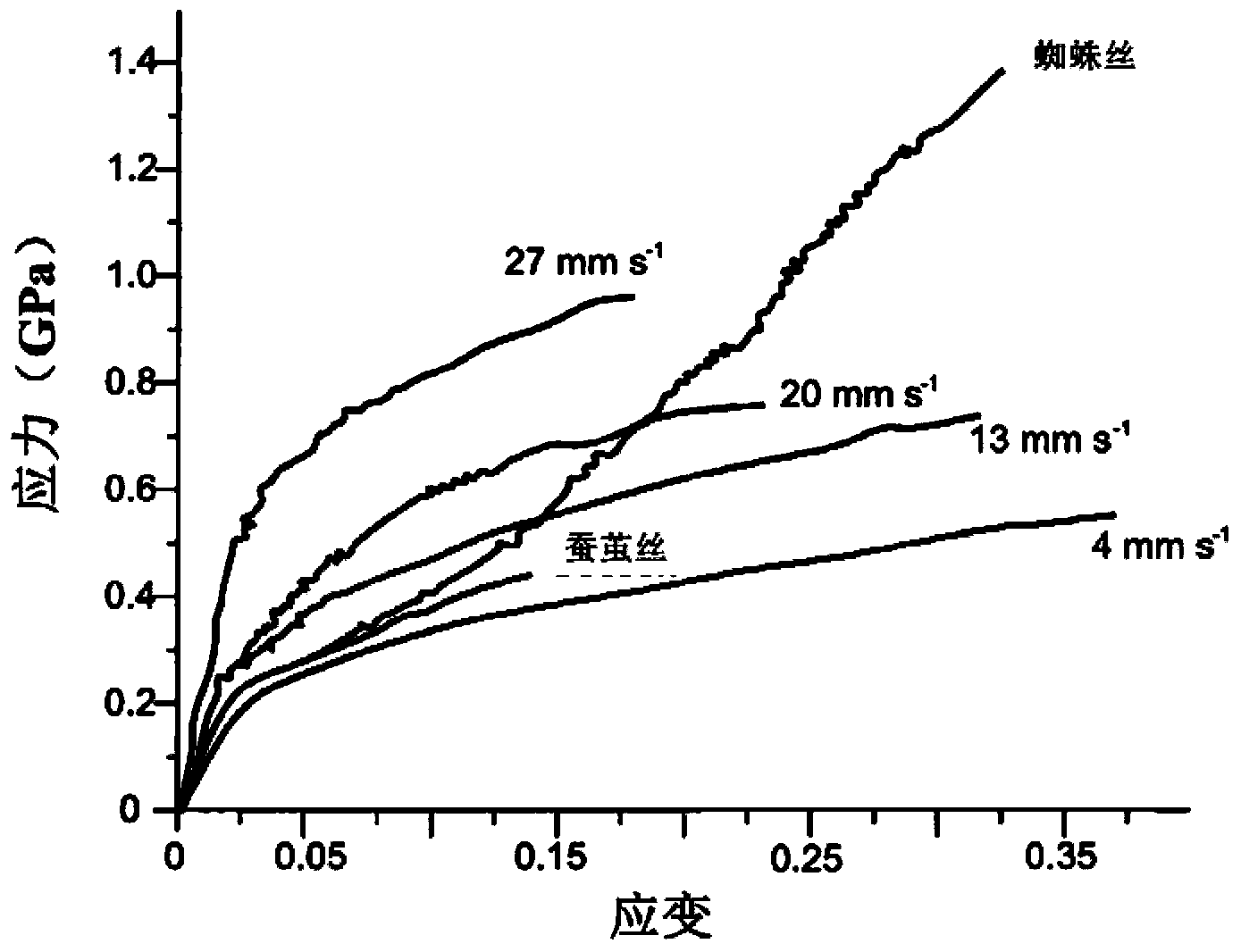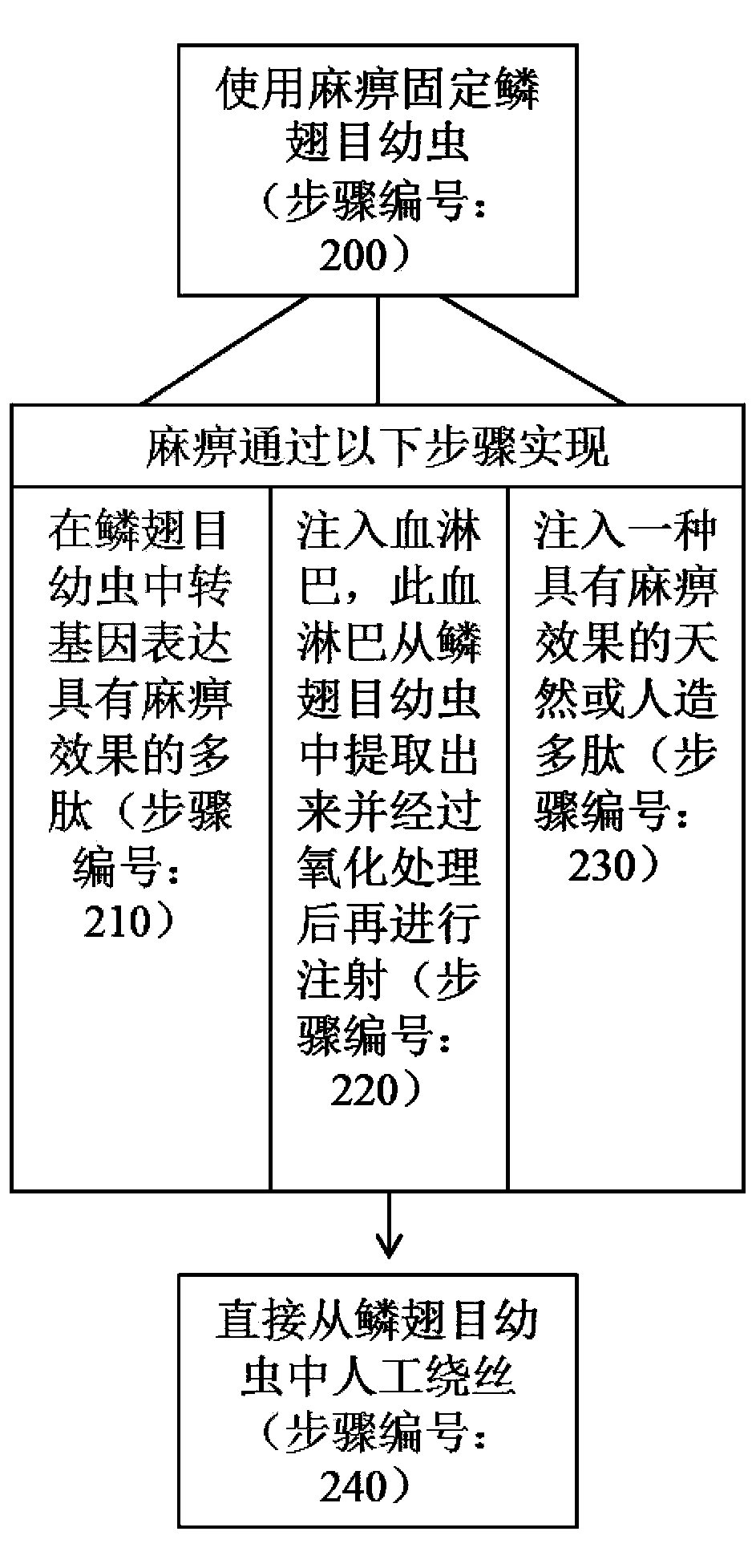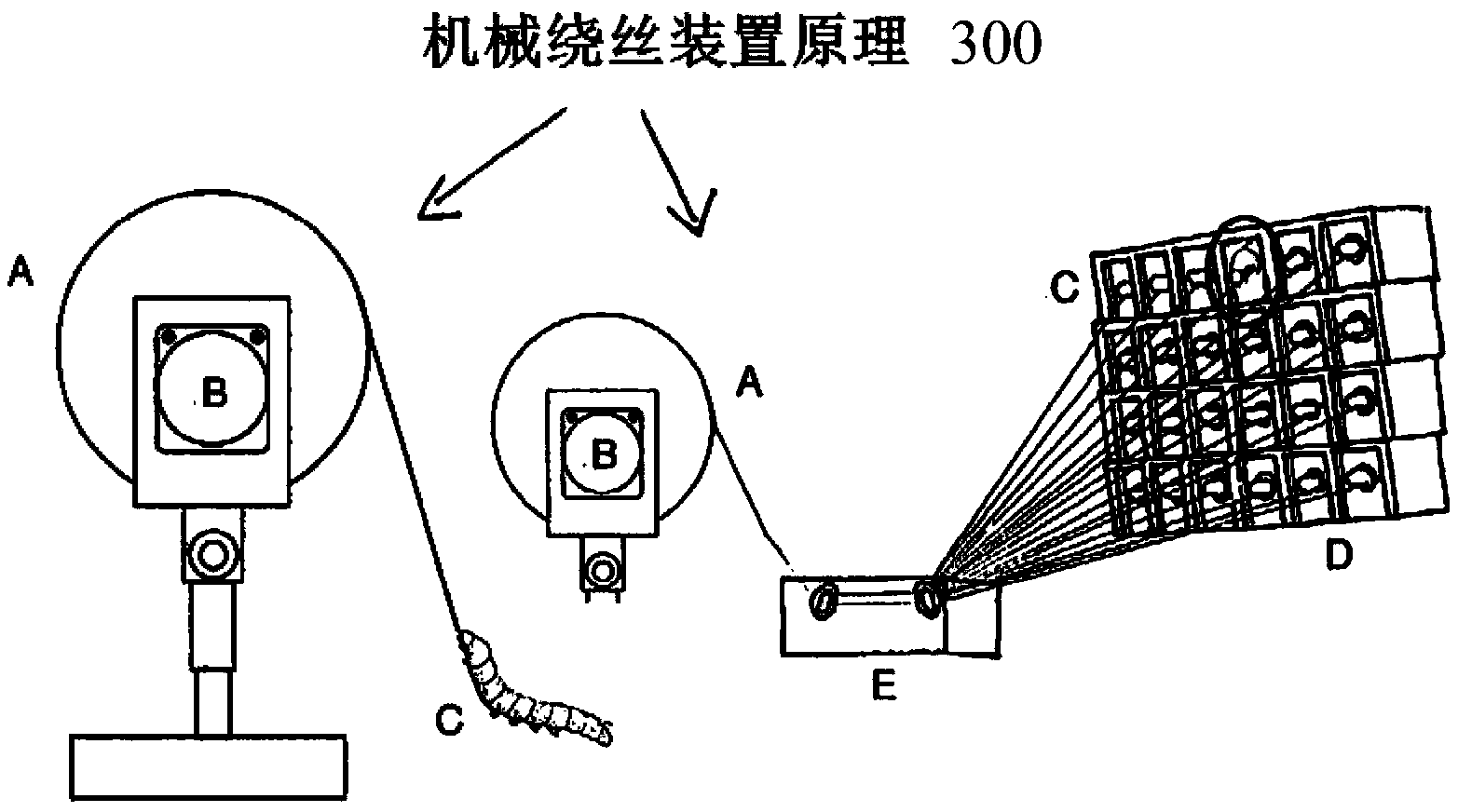Paralysation of silkworm larvae
A technology of lepidopteran larvae and method, applied in the field of strong wire drawing
- Summary
- Abstract
- Description
- Claims
- Application Information
AI Technical Summary
Problems solved by technology
Method used
Image
Examples
example 1
[0083] Inject 0.1 ml of hemolymph extracted and exposed to the air for 10 minutes at the root of the first pseudopod on the right side of the silkworm, or inject 0.1 ml of an aqueous solution of 100 ng / μl paralytic peptide.
[0084] Silkworms injected with hemolymph will be paralyzed within 5 minutes, except for some sustained movement of the silkworm's mandibles and thoracic legs. Silkworms injected with hemolymph will remain motionless for several hours and can be spun immediately. Injection of synthetic silkworm paralytic peptide will also immobilize the silkworm quickly, but compared with hemolymph-injected silkworms, it often takes a longer time for the animal to spin silk, and the effect of peptide injection will be longer than that of hemolymph-injected silkworms. Duration is short.
PUM
 Login to View More
Login to View More Abstract
Description
Claims
Application Information
 Login to View More
Login to View More - R&D
- Intellectual Property
- Life Sciences
- Materials
- Tech Scout
- Unparalleled Data Quality
- Higher Quality Content
- 60% Fewer Hallucinations
Browse by: Latest US Patents, China's latest patents, Technical Efficacy Thesaurus, Application Domain, Technology Topic, Popular Technical Reports.
© 2025 PatSnap. All rights reserved.Legal|Privacy policy|Modern Slavery Act Transparency Statement|Sitemap|About US| Contact US: help@patsnap.com



